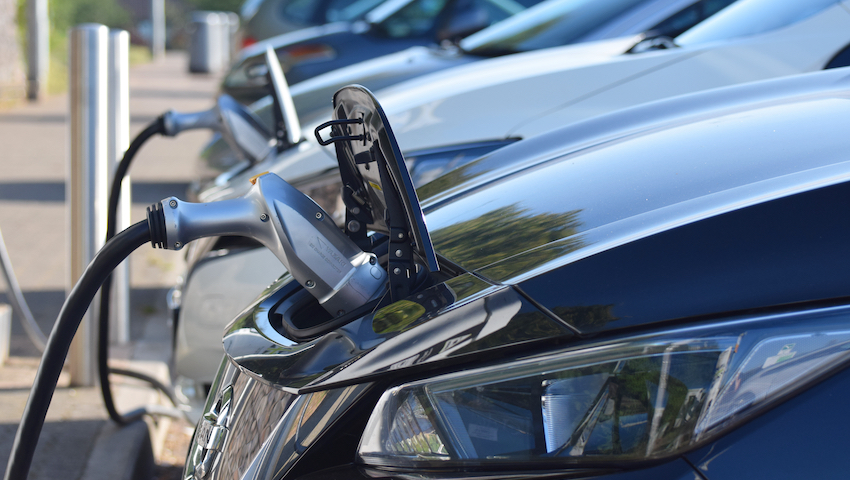National Highways outlines plans to install 2,500 rapid EV chargers
The installation of 2,500 new rapid electric vehicle chargers will form a key part of a new National Highways report.
New proposals for the future of England’s motorways and major A-roads have been published as part of plans to connect the country and grow the economy in an environmentally sustainable way.
The Strategic Road Network Initial Report for 2025-2030 sets out National Highways’ advice to government on priorities for one of the country’s most important assets over the next five-year period and beyond.
The 4,500-mile network carries around four million vehicles a day – providing links to all major ports and airports – and the report says continuing funding is needed to support the safe, efficient movement of people and goods.
The report says that National Highways’ work is likely to increasingly focus on making the most of its existing network through proactive maintenance and improvement works – boosting safety and journey reliability and in turn driving economic prosperity. This includes through greater use of digital technologies, getting the network ready for connected and autonomous vehicles and encouraging active travel.
Proposals outlined in the Initial Report, which would be subject to future decisions on funding from government, include the installation of around 2,500 open-access rapid charge points for electric vehicles on the network by 2030.
Crucially, National Highways will propose continuing to take sustained action to cut carbon emissions at every opportunity.
By 2030, maintenance and construction emissions will be cut by up to 50% by minimising new works, using lean construction practices and carbon management approaches. The company’s own corporate emissions will also be cut to net zero by 2030 – without the use of purchased offsetting – through the transition to renewable energy, converting most road lighting to low-energy LEDs and other initiatives such as transitioning all traffic officer vehicles to electric power.
Facilitating the shift to electric vehicles through the installation of additional charge points will help deliver the UK’s climate change commitments while improving air quality for communities close to the network.
Richard Holden, Roads Minister, said: “Our roads are vital to our economy, and the plans set out today will help to enhance connectivity and boost growth, while protecting the environment. Working with National Highways, we are committed to delivering safe, reliable journeys and reducing congestion in a way supports our path to net zero.”
Nick Harris, National Highways’ Chief Executive, said: “Our network of motorways and A-roads has a critical role to play over the next 30 years in supporting growth and levelling up. They bind together the regions and nations of the UK, facilitating national and international trade, and even under conservative forecasts demand for the network will continue to increase up to 2050.
“While we strive to maintain safe and reliable journeys for the vehicles that rely on our network each day, we know that ever higher levels of social and environmental responsibility will, quite rightly, be required of us. This means we will need to find new and innovative ways to continue connecting the country by facilitating active travel and public transport, and also using digital technology to help customers make more informed decisions and managing our network more efficiently.”
The Initial Report will be subject to an eight-week consultation by the Department for Transport. It is published alongside National Highways’ long-term strategic plan, Connecting the Country. This sets out the company’s priorities for the network up to 2050, with demand for roads from zero-emission vehicles expected to remain strong as part of a seamlessly integrated transport system.
Separately, 20 separate Route Strategies are also released today which help develop and maintain a detailed evidence base on the performance of the network – identifying current issues and understanding potential future challenges.
Alongside this, National Highways publishes its new Environmental Sustainability Strategy which sets out the company’s long-term vision to manage roads in a more sustainable way, ensuring the network can be used as a force for good.






